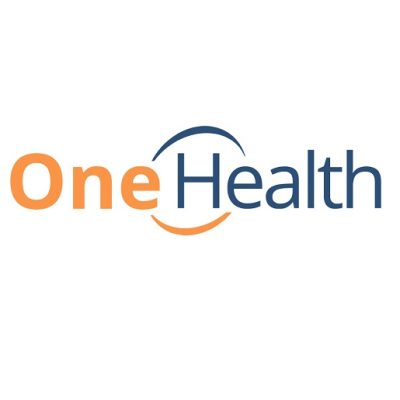Lara Stevens, who was diagnosed with non-Hodgkin lymphoma at the age of seven, now faces another serious health challenge: endometriosis. At 36, she describes her battle with this condition as being eerily similar to the cancer she experienced in her childhood, pointing out that, like cancer, endometriosis can spread and affect multiple organs. Despite its severity, she feels the condition does not receive the urgent attention it warrants. She expressed her frustration, noting that the growth of endometriosis could be occurring without her knowledge, leaving her unsure of its location or potential consequences.
Gynaecology waiting lists in Wales have surged by 92% over the last four years, and many specialists feel that gynaecological surgeries are not given the same priority as other types of surgery. The Royal College of Obstetricians and Gynaecologists is advocating for long-term investments in women’s health. Meanwhile, the Welsh government has indicated that women’s health is a key priority, with a plan expected to be unveiled later this year.
Endometriosis is a condition where tissue similar to the lining of the womb is found in various parts of the body, including areas like the pelvis, bowel, and even, in rare cases, the lungs or brain. Symptoms can include severe pain, heavy periods, and fatigue, and it is often linked with infertility. For Lara, this has been a particularly challenging aspect. After four years of trying to conceive, experiencing multiple miscarriages, and enduring long waits for fertility support, she decided to have surgery privately using her health insurance. She was disheartened by the lack of urgency surrounding her case, especially after discovering that the endometriosis had spread extensively throughout her body, affecting areas like her bladder, bowel, and ovaries. She shuddered to think what might have happened had she continued to wait.
Lara, a university lecturer living near Cardiff, had been warned of potential four to five-year waiting periods for surgery. In her early 30s at the time, she felt immense pressure, not only from her desire to conceive but also from the damage that endometriosis could be causing to her organs. She successfully became pregnant after surgery to remove the endometriosis and recently gave birth to her second child. However, she still has a lesion on her bowel and expects to require more surgery in the future. Currently under NHS care, she continues to face long waits for follow-up appointments.
The broader situation in Wales reflects similar challenges. Over 50,000 women are currently waiting for hospital gynaecological services, with nearly half waiting longer than the target of 26 weeks, and more than a third waiting beyond 36 weeks. Lara understands the importance of cancer treatment, but she also believes endometriosis deserves comparable attention. The unpredictable nature of the condition and its potential to worsen makes it all the more crucial for regular monitoring and timely care. Yet, she constantly feels like she is battling to receive the necessary support.
Recent NHS performance data revealed that four other medical specialties have longer waiting lists than gynaecology. However, when adjusted for the eligible population, gynaecological services in Wales rank among the worst, with waits even longer than those in England or Scotland. Dr Geeta Kumar, vice-president for clinical quality at the Royal College of Obstetricians and Gynaecologists, explains that the increase in waiting times can be attributed to several factors. One reason is that awareness around women’s health conditions has grown, which is positive, but she also emphasises that women’s health has long been de-prioritised.
Dr Kumar points to efforts to change the language used in relation to conditions like endometriosis, moving away from the term “benign” and instead referring to them as “non-cancerous” conditions. The term “benign” can give the impression that these conditions are not urgent, leading to their de-prioritisation in elective surgery lists. For patients, this can also feel like a minimisation of their suffering, as the symptoms can be extremely debilitating, affecting both physical and mental health. Some women, according to Dr Kumar, are unable to leave their homes due to severe pain or excessive bleeding.
Delyth Jewell, a Plaid Cymru Member of the Senedd, expressed her concerns about the waiting times to see a specialist, especially as many women feel dismissed and struggle to be referred. She criticised the way women are often told to endure their pain, with some being misdiagnosed or told that their symptoms are related to anxiety. In 2022, the Welsh government acknowledged significant disparities in care between men and women in its quality statement on women’s health. While plans were made to publish a 10-year strategy this year, Ms Jewell voiced her disappointment at the delay, pointing out that similar strategies had already been introduced in England and Scotland.
Liz Williams, vice-chair of the charity Fair Treatment for the Women of Wales (FTWW), shared that many women have been forced to leave their jobs, experienced relationship breakdowns, or fallen into debt due to their condition. For these women, the decision to pay for private care was often their only option. Williams stressed that women in Wales are not receiving equal access to services, and many feel abandoned by the system.
One Health Group PLC (AQSE:OHGR) are a team of Consultant Surgeons and Healthcare managers working with the NHS to provide faster, local and expert care in Orthopaedics, Spinal, General Surgery and Gynaecology.



